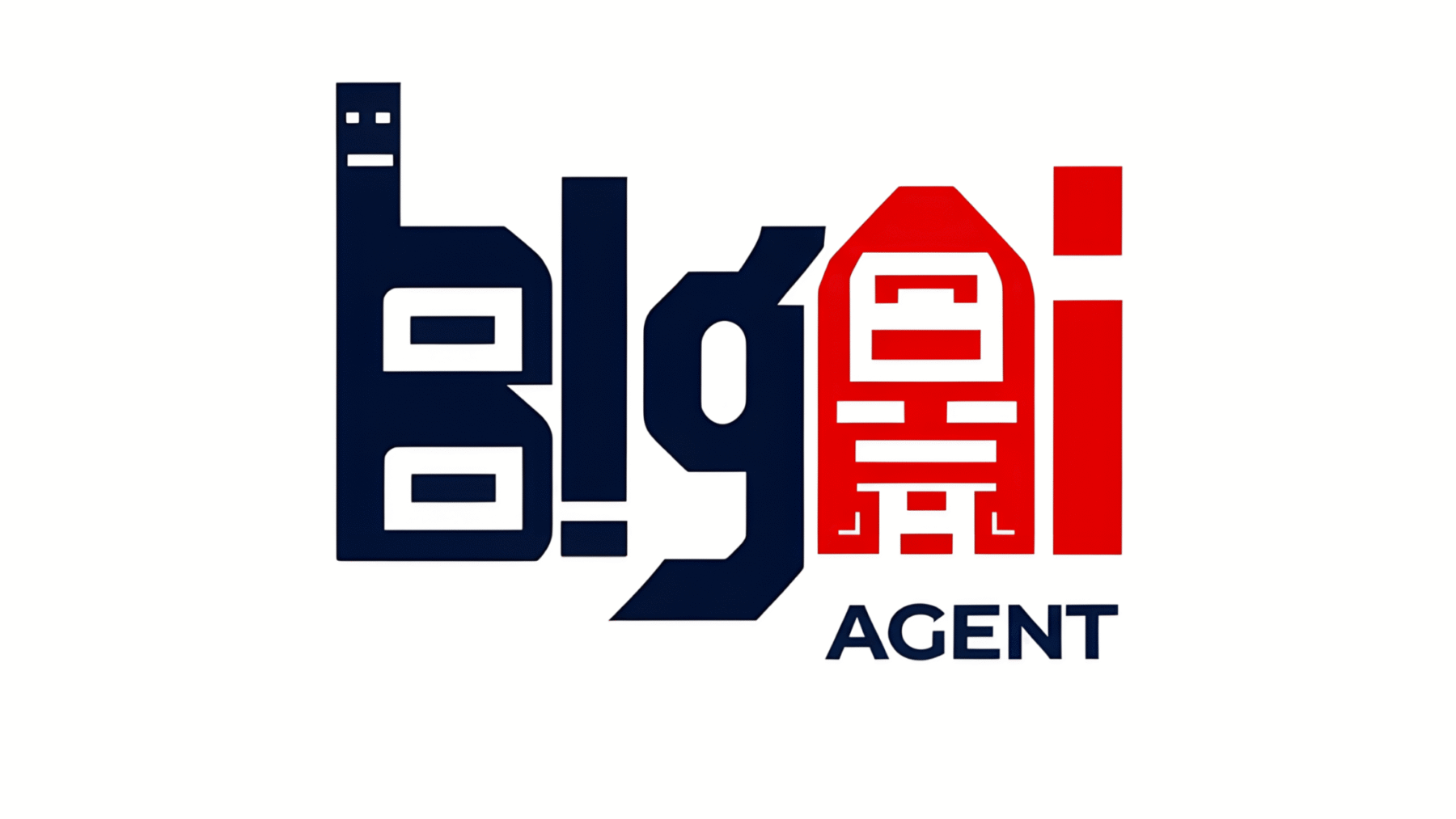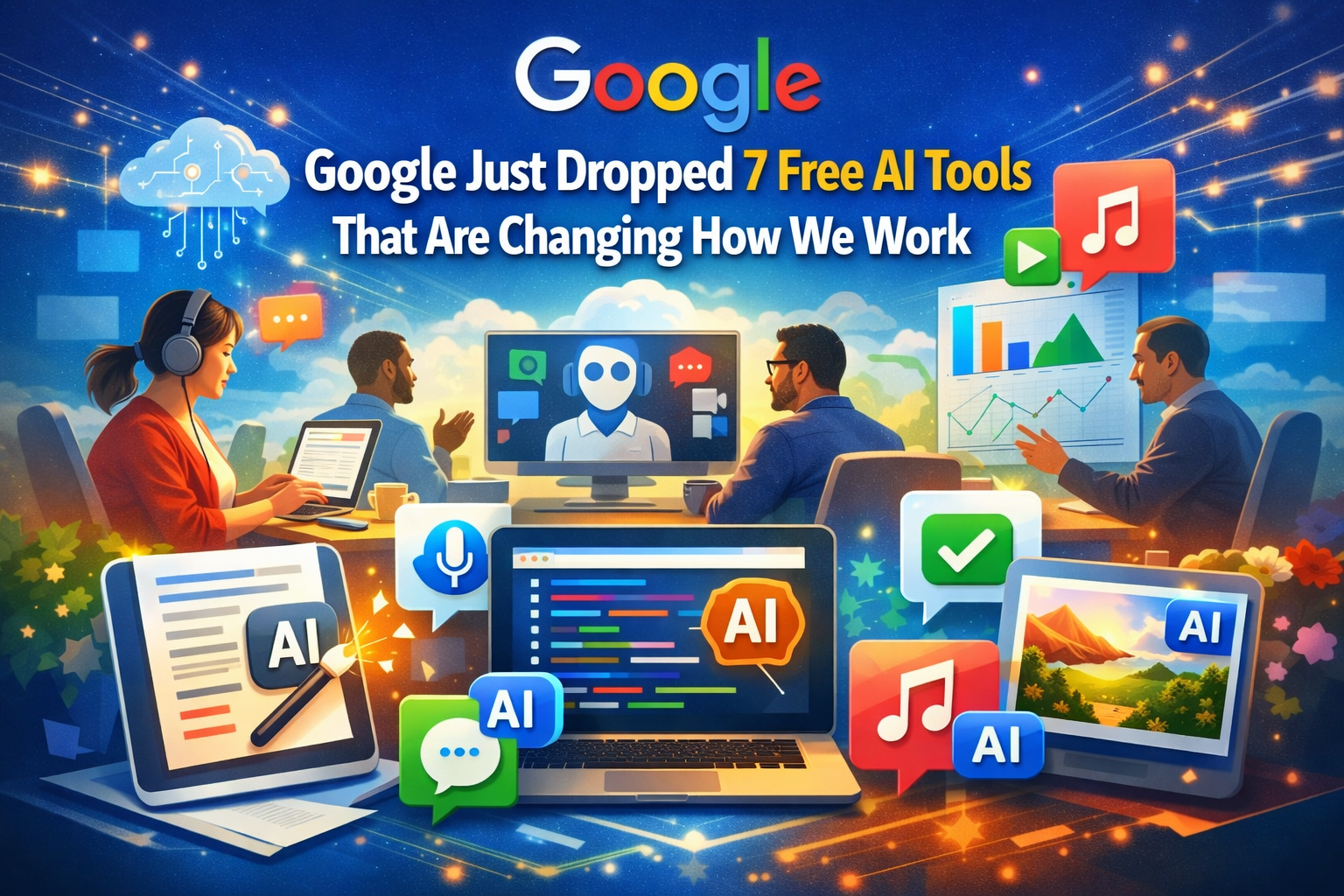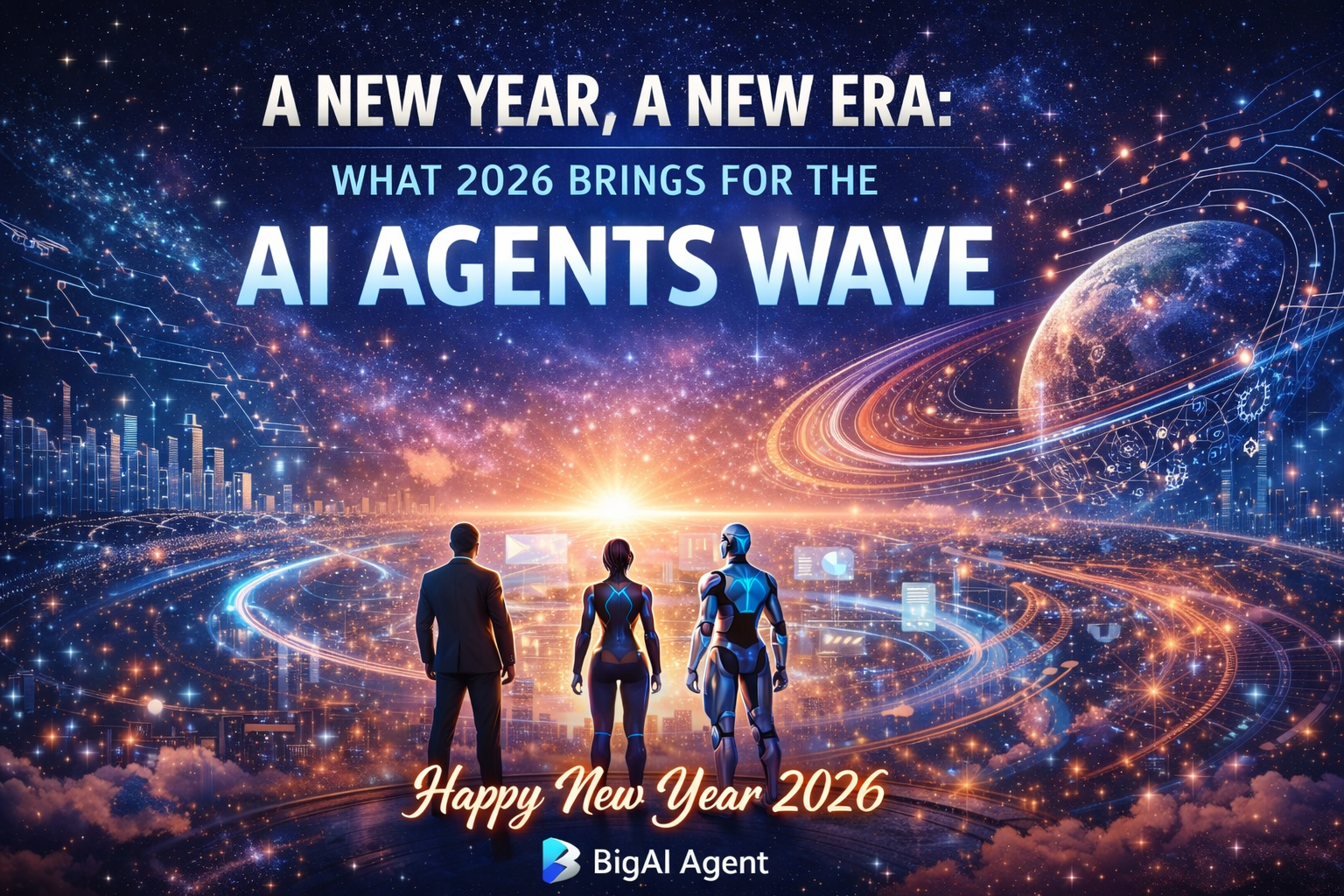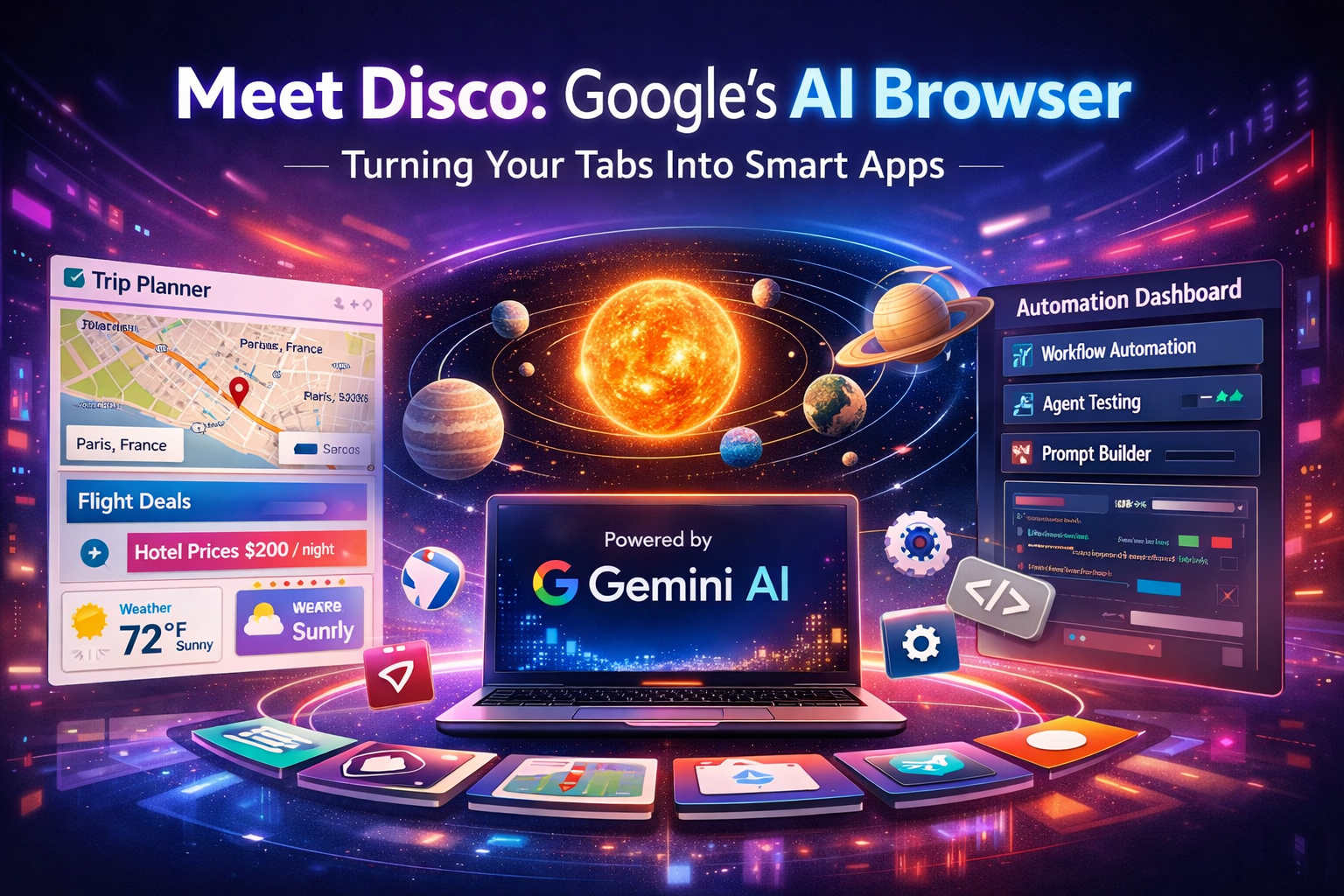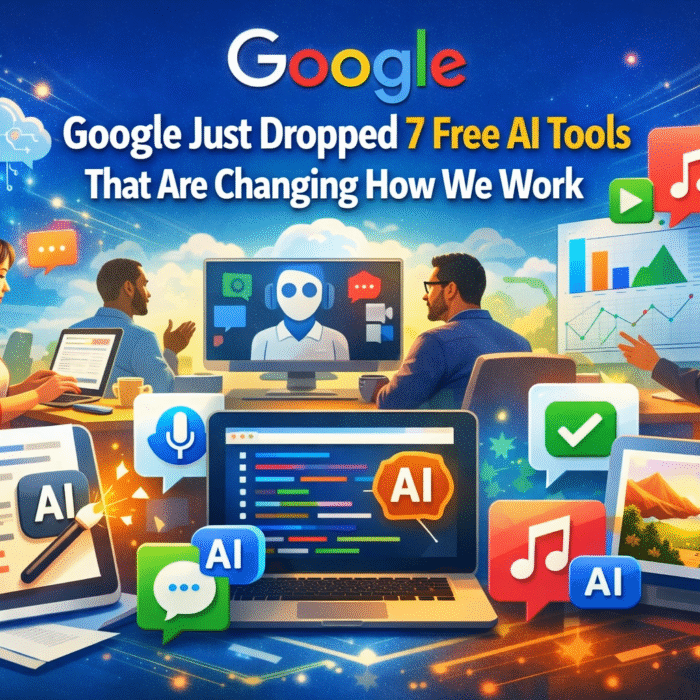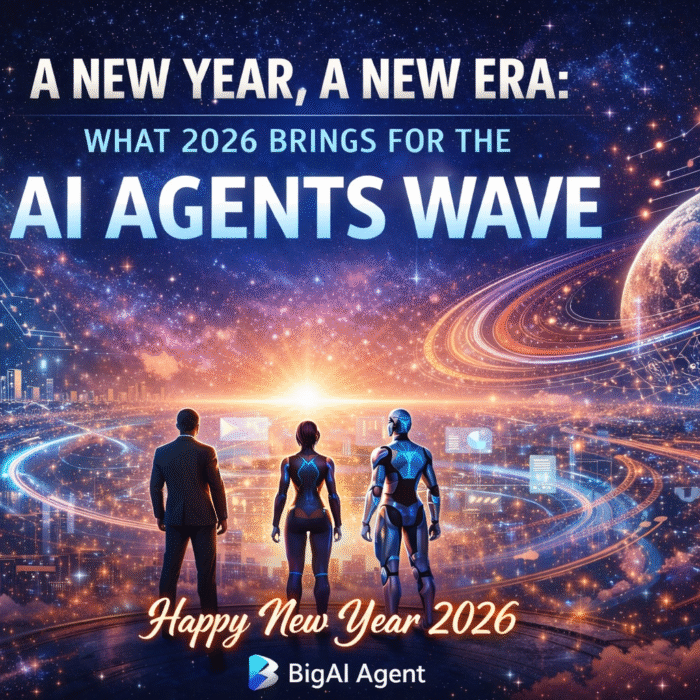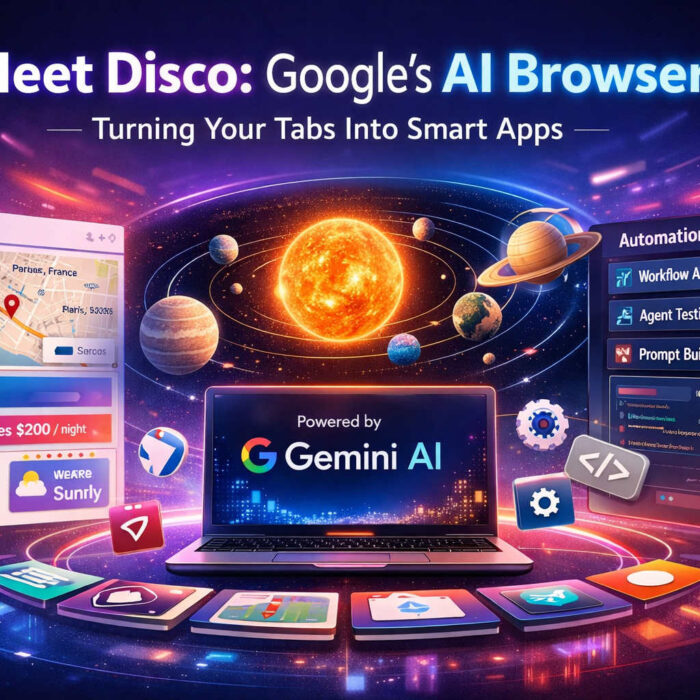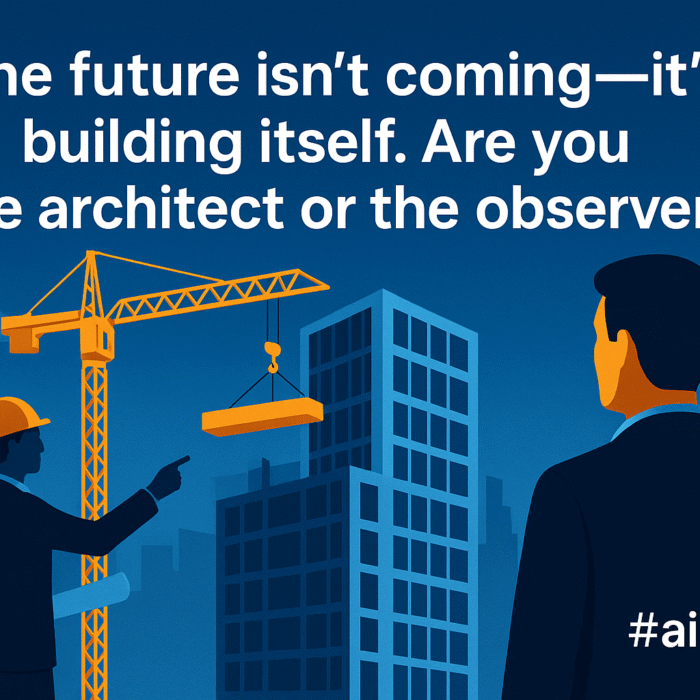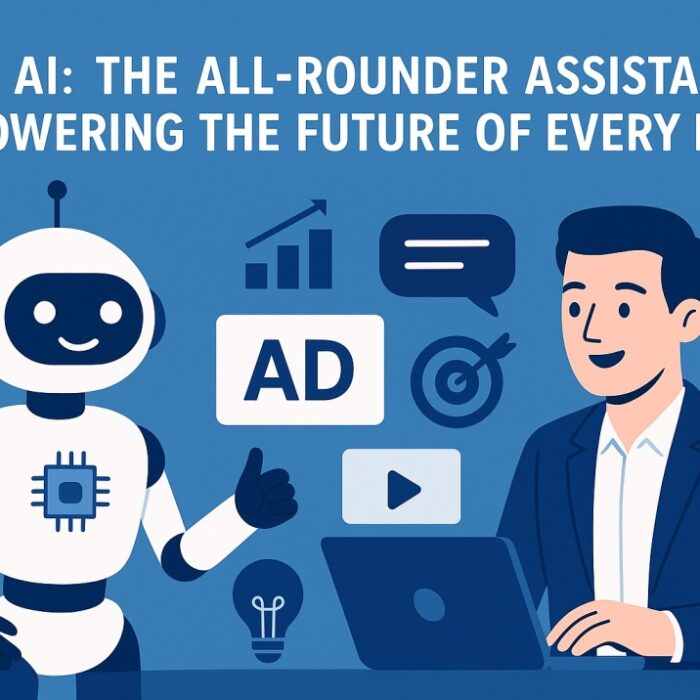The Shift to Intelligent Autonomy
We’ve entered a new technological era, one where intelligent digital agents are amplifying human effort. Artificial Intelligence has evolved from being a tool to becoming a trusted collaborator. From decision-making to design, from operations to outreach, AI agents are transforming the way businesses operate.
Unlike traditional software that only follows pre-coded commands, AI agents think, learn, and act autonomously. They understand context, adapt to changing environments, and complete tasks without constant supervision. In an age of complexity, these autonomous systems are exactly what organizations need to stay agile and competitive.
What Are AI Agents?
An AI agent is a system that perceives its environment, reasons through data, and takes actions to achieve specific goals. Think of it as your intelligent co-worker who can plan, execute, and optimize tasks at scale.
They combine:
- Machine learning for pattern recognition,
- Natural language processing for understanding human commands, and
- Cognitive automation to decide and act.
The difference between AI and AI agents is subtle but important. While traditional AI needs manual prompts or instructions, AI agents can self-initiate and self-improve, creating a continuous loop of intelligence.
Why AI Agents Matter in This Era
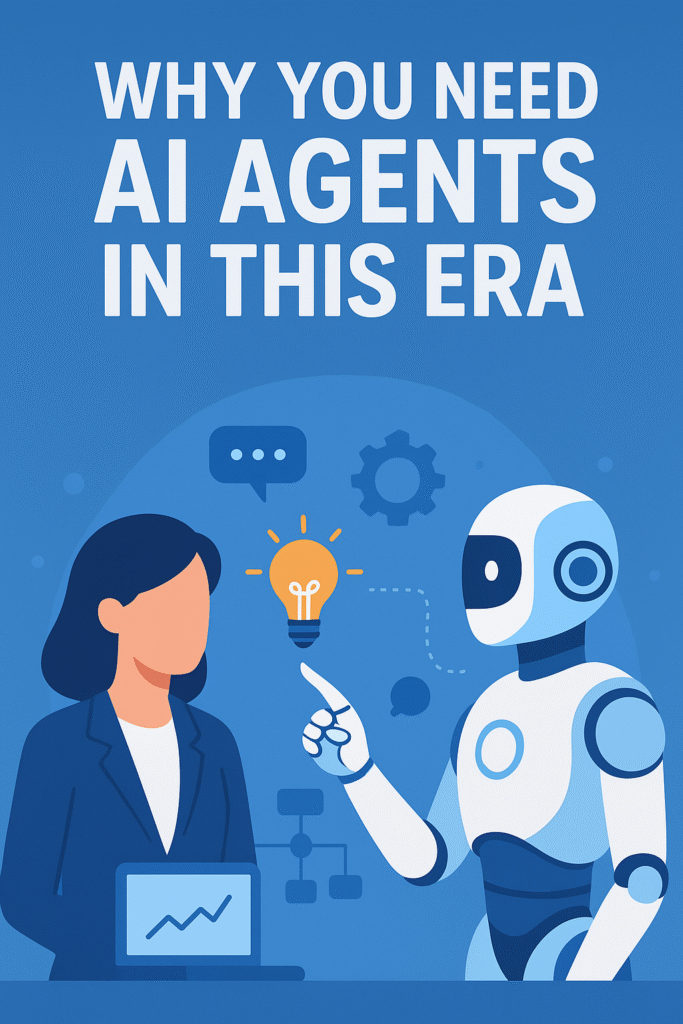
The 2020s are defined by speed, scale, and smart decision-making. Every enterprise today deals with enormous data, global operations, and rising customer expectations. Human capacity alone can’t keep up. AI agents fill that gap.
Here’s why they’re indispensable:
a. Automation Beyond Rules
Conventional automation only handles repetitive, rule-based tasks. AI agents go further by learning from outcomes. They evolve. Whether it’s analyzing user behavior or optimizing workflows, they move from static automation to dynamic intelligence.
b. Real-Time Decision-Making
Modern businesses rely on data-driven decisions. AI agents can analyze millions of data points in seconds, identifying trends, forecasting risks, and suggesting the next best actions in real time.
c. Scalability Without Cost Surge
Hiring, training, and managing large teams come at a cost. AI agents offer scalable intelligence; you can multiply your operational capacity without multiplying your expenses.
d. 24/7 Productivity
Unlike human teams, agents don’t rest. They can monitor systems, respond to queries, and make decisions round the clock, offering continuous productivity and zero downtime.
Functionalities That Make AI-Driven Work Stand Out
AI-driven work is not just efficient, it’s transformative. Here’s what makes it powerful:
a. Contextual Understanding
AI agents can interpret human language, tone, and intent. They don’t just follow keywords, they understand context. For instance, customer support agents can detect frustration in a user’s message and tailor their response empathetically.
b. Multi-Agent Collaboration
In complex workflows, different AI agents can collaborate. One agent gathers data, another analyzes it, and another crafts insights or decisions. This agentic collaboration replicates how human teams function—only faster and more precisely.
c. Autonomous Task Management
AI agents can handle an entire chain of actions: identifying a task, breaking it down, executing steps, and reporting outcomes, all without supervision. For example, in marketing, an agent could draft an email campaign, analyze performance, and optimize content automatically.
d. Predictive Intelligence
AI agents learn from patterns. They can predict consumer behavior, market shifts, or system failures before they happen, allowing companies to act proactively rather than reactively.
e. Continuous Learning
Every action feeds back into the system. With reinforcement learning and feedback loops, agents keep getting better self-improving systems that evolve with every interaction.
Industry-Wise Use Cases of AI Agents
a. Marketing
AI agents personalize campaigns, optimize ad spend, and handle content distribution. They understand audiences at an individual level, turning engagement data into precise targeting.
b. Sales
Agents can manage CRM updates, generate leads, and follow up with prospects automatically. They analyze deal probabilities, suggest communication tactics, and help teams close faster.
c. Operations
In manufacturing or logistics, agents predict delays, optimize inventory, and ensure smooth supply chains. They act as the digital eyes and brain of operations.
d. Customer Service
AI-powered support agents resolve queries instantly, escalate issues only when needed, and improve response quality through continuous learning.
e. Finance
AI agents can track anomalies, detect fraud, and recommend financial strategies based on live data—ensuring accuracy, compliance, and insight in one workflow.
The Human + AI Equation
AI agents are not replacing humans; they’re amplifying human intelligence. The synergy between people and agents creates the best outcomes.
Humans bring empathy, creativity, and ethical judgment. Agents bring speed, data depth, and execution power. Together, they form hybrid teams that outperform either alone.
Businesses that adopt this model will not only become more efficient but also more human-centric, as employees can focus on creative and strategic work rather than repetitive processes.
The Edge: Why AI-Driven Work Wins
The world is shifting from data-driven to decision-driven operations. AI agents make that possible by converting data into autonomous action.
Here’s the edge they bring:
- Precision: They eliminate human error.
- Speed: They act instantly, even on massive datasets.
- Adaptability: They evolve with every iteration.
- Insight: They find meaning where humans see complexity.
In essence, AI agents are not just tools; they are digital co-workers capable of reshaping how organizations think and act.
The Road Ahead
AI agents are the foundation of the agentic internet, where systems talk, learn, and act on behalf of humans. Soon, your digital presence will have its own agent, representing you, negotiating, researching, and managing your tasks.
Businesses that start integrating AI agents today will define the next era of intelligent transformation. It’s not a futuristic vision anymore, it’s the reality unfolding right now.
A New Era of Intelligent Autonomy
The need for AI agents in this era is undeniable. They bring intelligence, adaptability, and speed to a world that demands instant, data-backed decisions. Whether in marketing, operations, or strategy—AI-driven workflows are the backbone of modern enterprises.
Adopting AI agents isn’t just a technological upgrade; it’s a strategic move toward autonomous, intelligent, and future-ready work.

